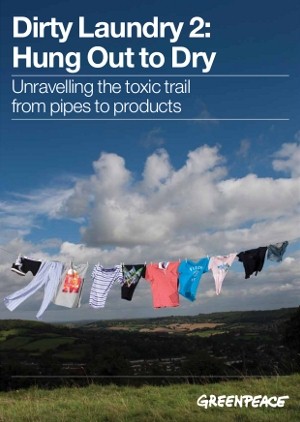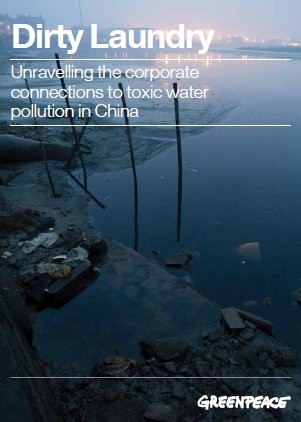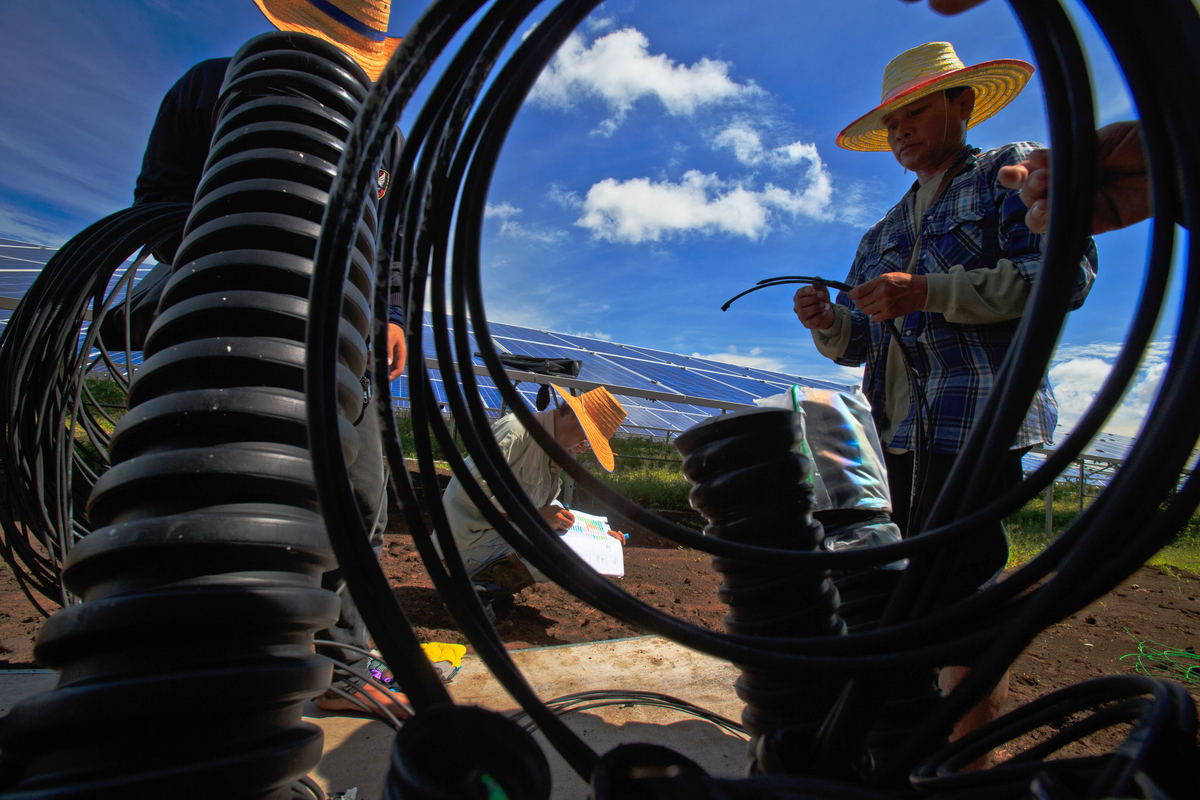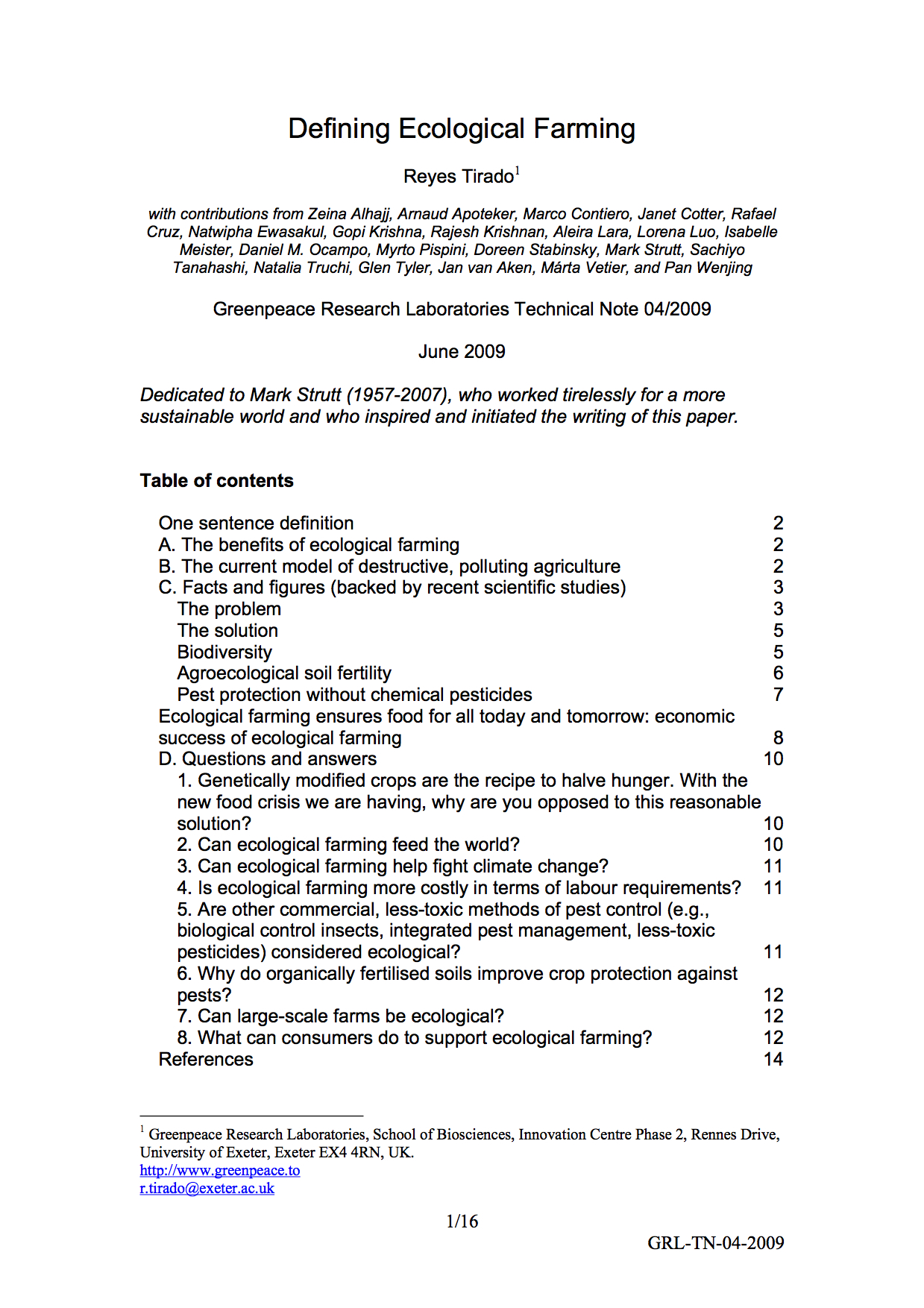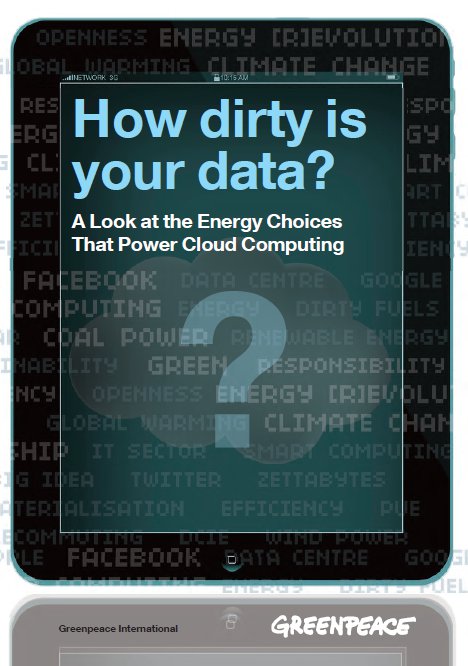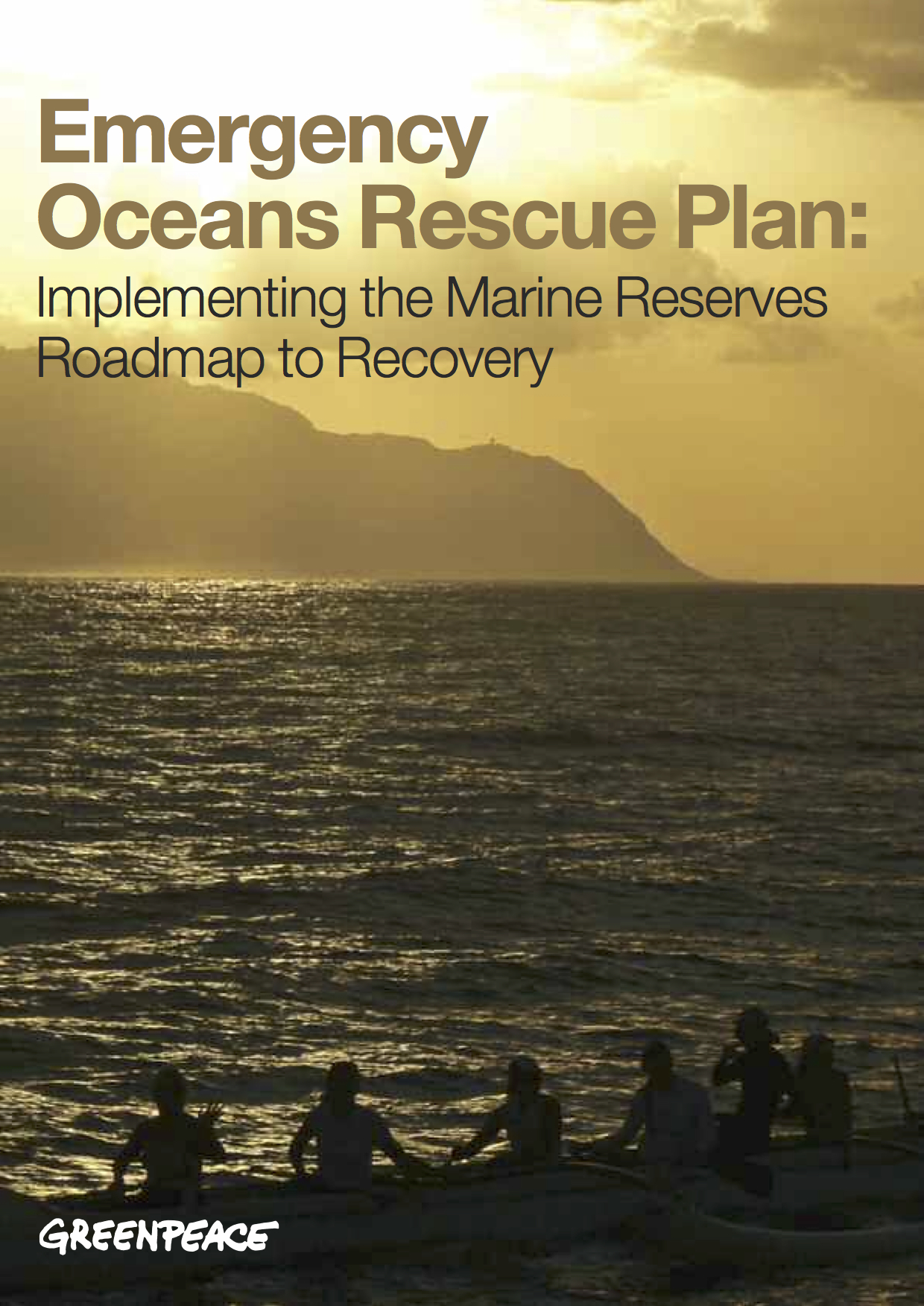-
Mattel’s controversial career choice for Barbie: rainforest destroyer
She has had a lot of different professions over the years but Mattel’s latest choice for Barbie: ‘Rainforest Destroyer’, is arguably the most controversial career choice yet.
-
Annual report 2010
The year was marked by the devastation that the relentless and reckless pursuit of profit can cause: a human tragedy and enormous environmental, social and economic devastation.

